Polyurethane Coated Wheels for FOUP SMIF Handlers
Discover the benefits and applications of polyurethane coated wheels in FOUP and SMIF pod handlers These PU wheels provide smooth operation high load capacity low vibration and cleanroom compliance for semiconductor transport
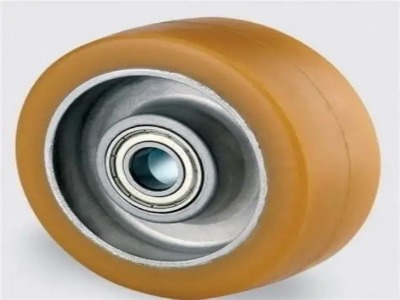
Technical Information
In modern semiconductor manufacturing, precision and cleanliness are paramount. Handling delicate wafers in environments such as cleanrooms requires specialized equipment, including FOUP (Front Opening Unified Pod) handlers and SMIF (Standard Mechanical Interface) pod handlers. A critical but often overlooked component of these transport vehicles is the wheel system, which directly impacts smooth operation, reliability, and contamination control. Among all options, polyurethane coated wheels have emerged as the preferred solution.
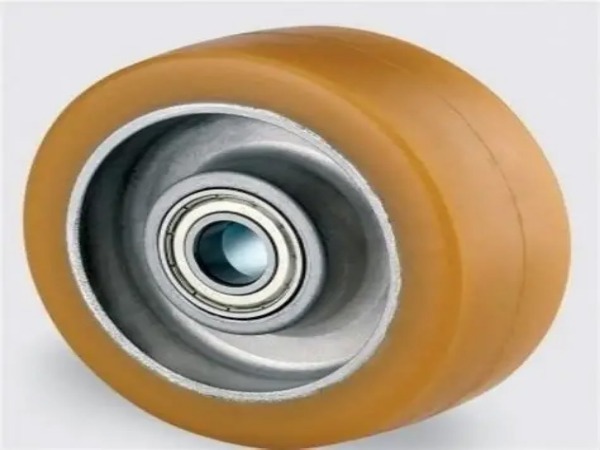
1. Why Polyurethane Coated Wheels?
Polyurethane coated wheels combine a metal or polymer core with a polyurethane (PU) outer layer, providing an optimal balance of durability, traction, and shock absorption. Key benefits for semiconductor transport include:
High Load Capacity: Polyurethane can withstand the repeated weight of FOUPs and SMIF pods without permanent deformation.
Smooth and Quiet Operation: Low rolling resistance reduces vibration and noise, critical in sensitive cleanroom environments.
Non-Marking and Cleanroom Compatibility: PU coatings minimize dust generation and prevent floor marking, maintaining strict contamination control standards.
Chemical and Wear Resistance: Resistant to cleaning agents and long-term abrasion, ensuring durability under frequent use.
2. Application in FOUP/SMIF Pod Handlers
FOUP handlers and SMIF pod handlers are used to transport semiconductor wafers between process tools, load ports, and storage areas. The use of polyurethane coated wheels provides several advantages in these applications:
Precise Movement: PU wheels maintain consistent traction, ensuring the pods move smoothly without jerks, protecting delicate wafers.
Reduced Vibration: The elasticity of polyurethane absorbs shocks from uneven surfaces, minimizing mechanical stress on equipment.
Longevity: Repeated movement over time does not compromise the wheel’s shape or performance, reducing maintenance and downtime.
Cleanroom Compliance: Polyurethane’s low particle emission ensures that the transport vehicles meet ISO class cleanroom standards.
3. Design Considerations
When selecting polyurethane coated wheels for semiconductor equipment transport, engineers consider:
Load Requirements: Wheels must support fully loaded FOUPs, typically weighing 10–15 kg per pod.
Wheel Hardness: Softer PU (Shore A 85–95) provides better cushioning, while harder PU improves load capacity and wear resistance.
Diameter and Width: Optimized for stability and smooth handling within narrow aisles of semiconductor fabs.
Core Material: Aluminum or stainless steel cores provide structural strength while remaining lightweight.
4. Advantages Over Alternative Materials
Compared with rubber or metal wheels, polyurethane coated wheels offer a superior combination of:
Longevity and wear resistance
Cleanroom compliance
Smooth, vibration-free operation
High load-bearing capacity with minimal deformation
These properties make them ideal for the precise, high-frequency transport of FOUPs and SMIF pods in semiconductor fabs.
Conclusion
Polyurethane coated wheels play a crucial role in ensuring the reliability, safety, and cleanliness of semiconductor equipment transport vehicles such as FOUP and SMIF pod handlers. By providing smooth, quiet, and contamination-free operation, these wheels help maintain high manufacturing yields and reduce maintenance downtime. For semiconductor manufacturers and equipment suppliers, choosing high-quality PU-coated wheels is a small but essential step toward optimized cleanroom logistics.
For detailed technical specifications and application support, reach out to our engineering team. Contact us!
You have questions, we have answers. Contact us today. Our skilled customer service specialists can help you make the right choice in polyurethane applications.


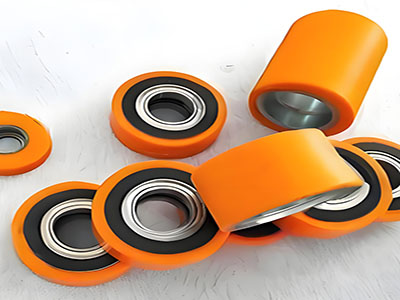
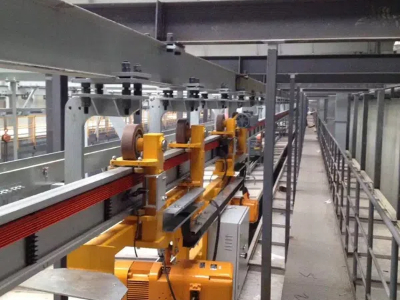
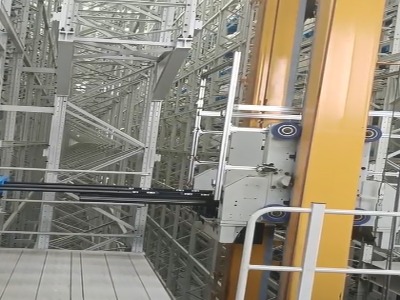
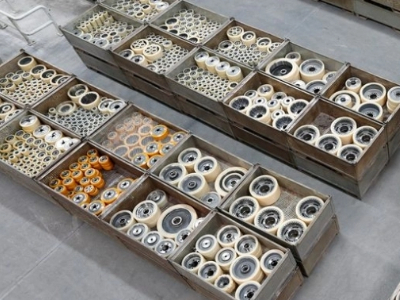
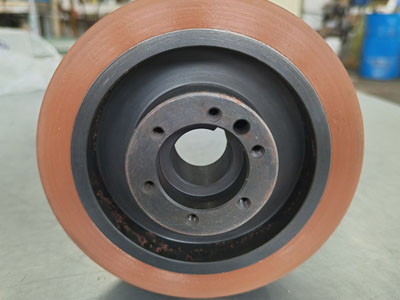
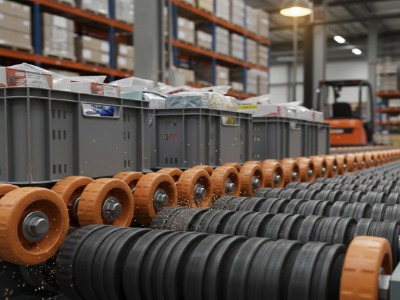
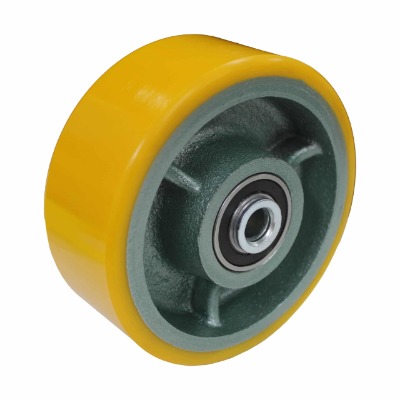
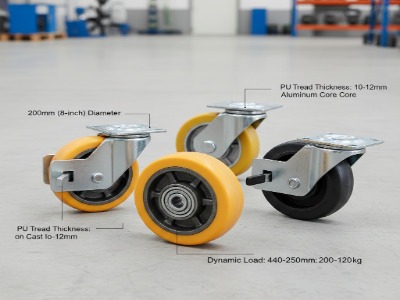
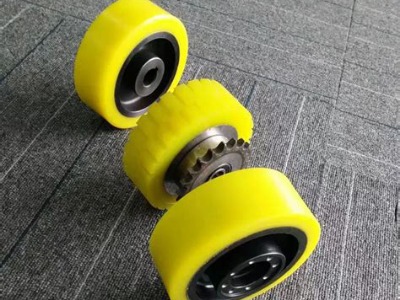
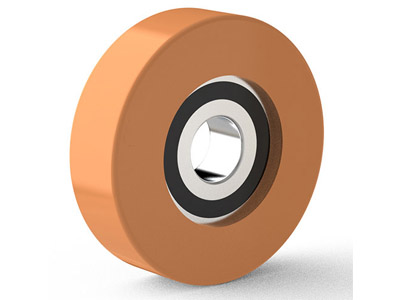
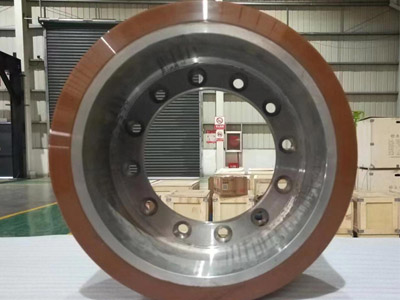
Precision Wheels for Semiconductor Stocker Equipment
Polyurethane Tread on Steel Keyed Drive Wheels